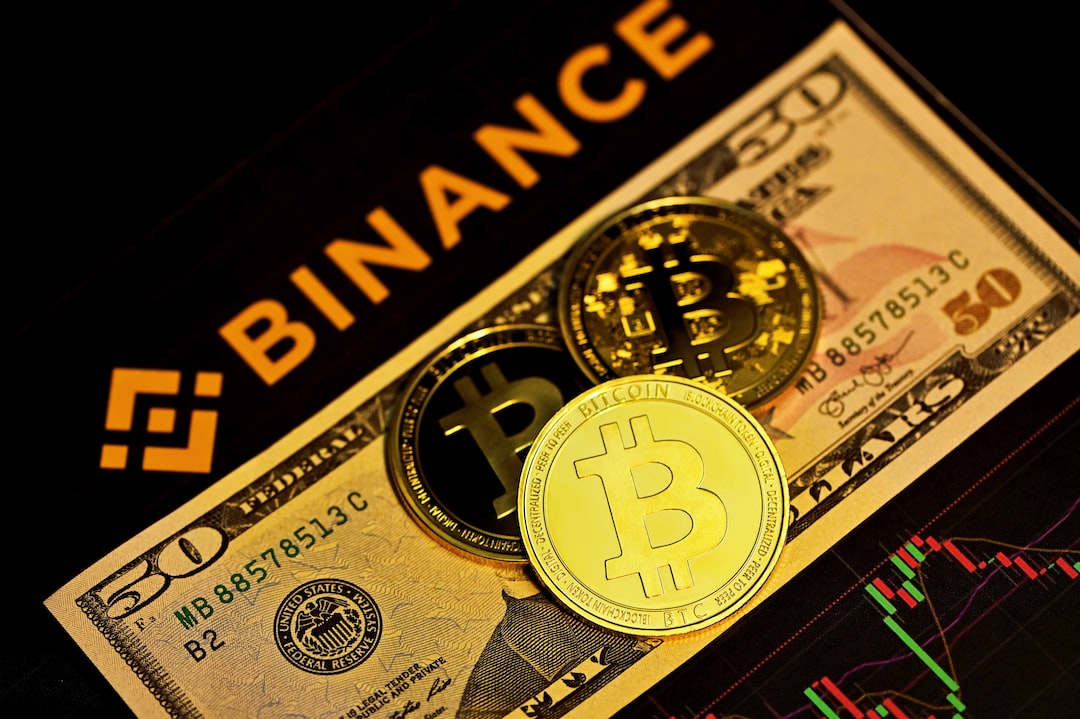A Promising Approach to Crypto Regulation in India
The Indian government’s proactive approach to crypto regulation is a positive development, especially considering the previous discussions of an outright ban. While there is still progress to be made, India’s recent actions have set a promising precedent.
India’s Role in Shaping Global Financial Policies
Recognizing the need for collaboration beyond national borders, Indian financial regulators have engaged in discussions with stakeholders to determine the way forward. As the current presiding nation of the G20, India has a unique opportunity to influence global financial policies, including those related to cryptocurrencies.
The G20 leaders have officially endorsed the recommendations of the Financial Stability Board (FSB) for regulating crypto-assets and have embraced a synthesis paper from the International Monetary Fund (IMF) and FSB. This paper outlines a roadmap for a unified regulatory framework that addresses various risks associated with cryptocurrencies.
The Importance of Crypto-Specific Guidelines
Rahul Pagidipati, CEO of ZebPay, believes that the proactive approach to framing crypto-specific guidelines is a positive sign for the industry. He emphasizes that the coming years will be crucial for the sector and highlights India’s role in establishing a global regulatory framework through its G20 presidency.
However, while progress is being made in regulating cryptocurrencies, there is still a significant challenge in formulating regulations for the decentralized finance (DeFi) sector.
The Challenge of DeFi Regulations
While many countries have made strides in establishing cryptocurrency regulations, they have yet to address the decentralized finance (DeFi) sector comprehensively. The International Organization of Securities Commissions (Iosco), a global authority on securities markets standards, recently released a consultation report aimed at formalizing policy recommendations for DeFi by the end of the year.
Regulating DeFi is challenging due to its disruption of traditional financial principles that rely on a central entity for market fairness and investor protection. Determining who should be responsible for regulating the sector remains a complex issue.
A Call for International Collaboration
The CEO of an Indian crypto exchange highlights the importance of international statutory bodies collaborating with blockchain and crypto organizations to establish cohesive regulations without stifling innovation. This collaboration would ensure the achievement of common standards, the formulation of clear guidelines, and the enforcement of applicable laws.
Hot Take: A Promising Step Towards Global Crypto Regulation
India’s proactive approach to crypto regulation and its role in shaping global financial policies through its G20 presidency are positive developments. While there are still challenges ahead, such as formulating regulations for the DeFi sector, the engagement with stakeholders and endorsement of regulatory recommendations demonstrate progress towards a unified global regulatory framework. International collaboration is crucial in establishing common standards and comprehensive guidelines while fostering innovation in the crypto industry.





 By
By
 By
By
 By
By

 By
By